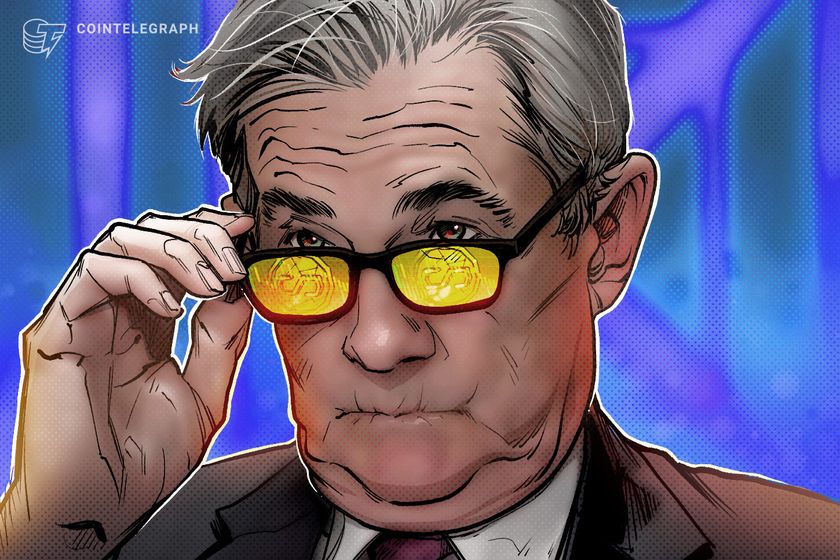

Stablecoins are the single best tool for the United States government to maintain the US dollar’s hegemony in global financial markets, according to LayerZero Labs CEO and founder Bryan Pellegrino.
In an interview with Cointelegraph, the CEO of LayerZero Labs, which created the LayerZero interoperability protocol recently chosen by Wyoming to be the distribution partner for the Wyoming stablecoin, said that the cross-border accessibility of dollar-pegged tokens makes them an obvious choice to drive US dollar demand. Pellegrino added:
“Stablecoins for the US dollar are the single best tool — the last Trojan Horse or vampire attack on every single other currency in the world — whether it is Argentina, whether it is Venezuela, whether it is all of the countries that have massive inflation.”
The CEO said he expects support for stablecoins on both the federal and state levels to grow because of the obvious boost stablecoins give to the US dollar in foreign exchange markets and the financial moat stablecoin-driven demand will create around the US dollar’s global reserve currency status.
Stablecoin market overview. Source: RWA.XYZ
Related: Certain stablecoins aren’t securities, SEC says in new guidance
US government looks to stablecoins to protect US dollar
Pellegrino cited Tether’s emerging role as one of the largest buyers of US Treasury bills in the world as evidence of the demand for US debt instruments from stablecoin issuers.
Tether recently became the seventh-largest holder of US Treasuries, beating out Canada, Germany, Norway, Hong Kong, and Saudi Arabia.
Speaking at the White House Crypto Summit on March 7, US Treasury Secretary Scott Bessent said the Trump administration would leverage stablecoins to extend US dollar hegemony and indicated this would be a top priority for officials in 2025.
According to a 2023 report from Chainalysis, over 50% of all the digital asset value transferred to countries in the Latin American region, including Argentina, Brazil, Columbia, Mexico, and Venezuela was denominated in stablecoins.
The low transaction fees, relative stability, and near-instant settlement times for dollar-pegged stablecoins make these real-world tokenized assets ideal for remittances and stores of value for residents in developing countries suffering from high inflation and capital controls.
Magazine: Bitcoin payments are being undermined by centralized stablecoins



